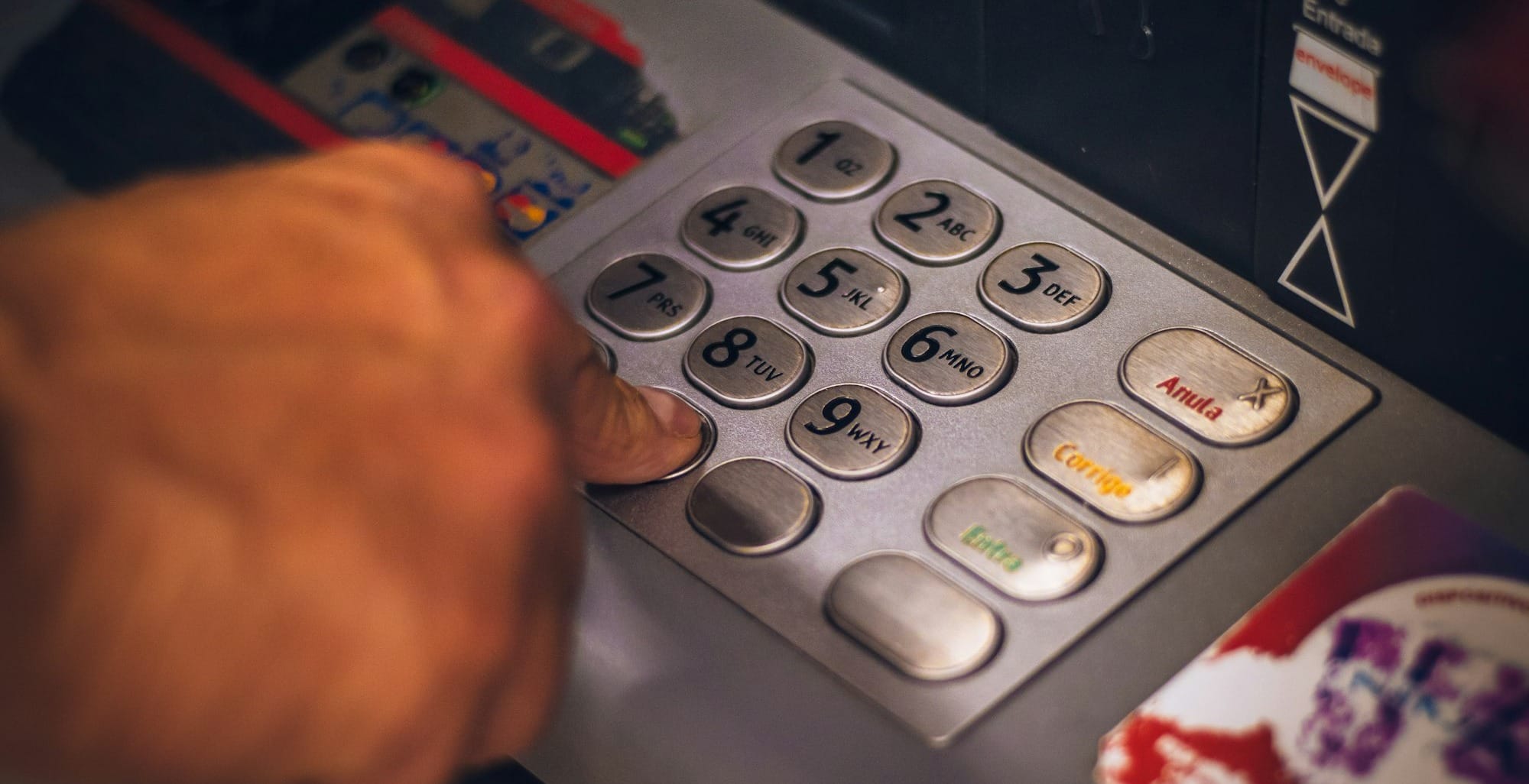Personal loans come with various eligibility criteria that lenders assess meticulously. This includes your credit score, payment history, income level, and overall debt-to-income ratio.
How Much Money Can You Borrow With A Personal Loan?
Personal loans typically offer borrowing amounts ranging from a modest $1,000 to a substantial $100,000, depending on the lender and your financial profile. The amount you can borrow is primarily influenced by your credit score, income, existing debt, and the lender's specific criteria. Lenders assess these factors to determine your ability to repay the loan, ensuring that borrowing more doesn't lead to financial strain.
Understanding your borrowing limits is crucial for effective financial planning. While larger loan amounts provide immediate financial relief or enable significant purchases, it’s essential to borrow only what you need. Overextending your borrowing could lead to challenges in meeting repayment terms and negatively impact your credit score. Make use of a personal loan calculator to estimate your monthly payments, ensuring they align with your budget and financial capacity.

Personal Loan Collateral Explained
Personal loans can be categorized into secured and unsecured types, with collateral playing a crucial role in the former. Collateral is essentially an asset that you pledge to the lender to secure the loan. This can include various items of value, such as cash, investment accounts, real estate, or even collectibles like jewelry. The idea here is to offer security to the lender, making these types of loans generally easier to qualify for. Because the risk for the lender is lower, secured personal loans often come with lower interest rates and more favorable terms.
However, using collateral to secure a personal loan presents its own set of risks. If you default on your payments, the lender has the right to repossess the asset you used as collateral. This means that failing to meet loan obligations could result in losing significant assets, such as your home or car. It's crucial to weigh the benefits of easier qualification and potentially lower interest rates against the risk of losing valuable possessions. Therefore, understanding the nuances of secured personal loans and carefully evaluating your ability to repay is vital before committing to this financial decision.
Alternatives To Personal Loans
There are several worthwhile alternatives to personal loans that might better suit your financial situation. Building savings is one of the most sustainable methods, allowing you to cover expenses without incurring debt. This method, however, requires time and disciplined financial management. Another strategy is earning extra income, which could come from a side job, freelance work, or selling unused items. Though this approach demands time and effort, it provides a boost to your budget without future repayments.
Exploring other forms of credit can also be advantageous. Credit cards, for example, offer flexibility and the convenience of revolving credit. However, it’s crucial to consider their higher interest rates. Peer-to-peer lending platforms provide another option; they connect borrowers directly with investors, often resulting in favorable terms. Additionally, secured loans—backed by collateral—can offer lower interest rates than unsecured personal loans. Weighing these alternatives can help you make a more informed decision that aligns with your financial goals and needs.
Tags:
Easy Instant Personal Loan
Apply For A Quick Personal Loan
Best Online Instant Loan App
$1000 Loan Today No Credit Check
Personal Loan $2000
Bad Credit Personal Loans Guaranteed Approval 5000

